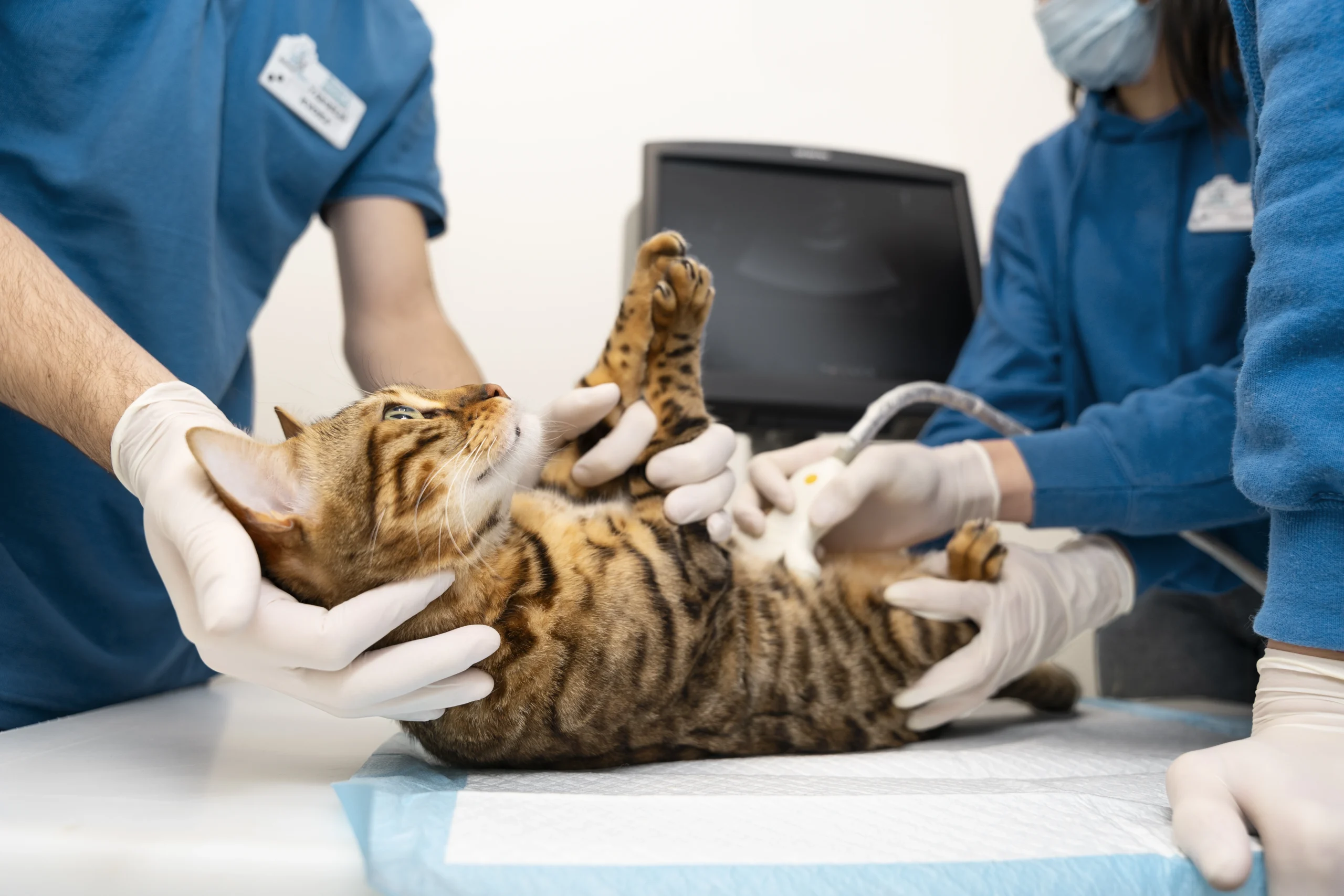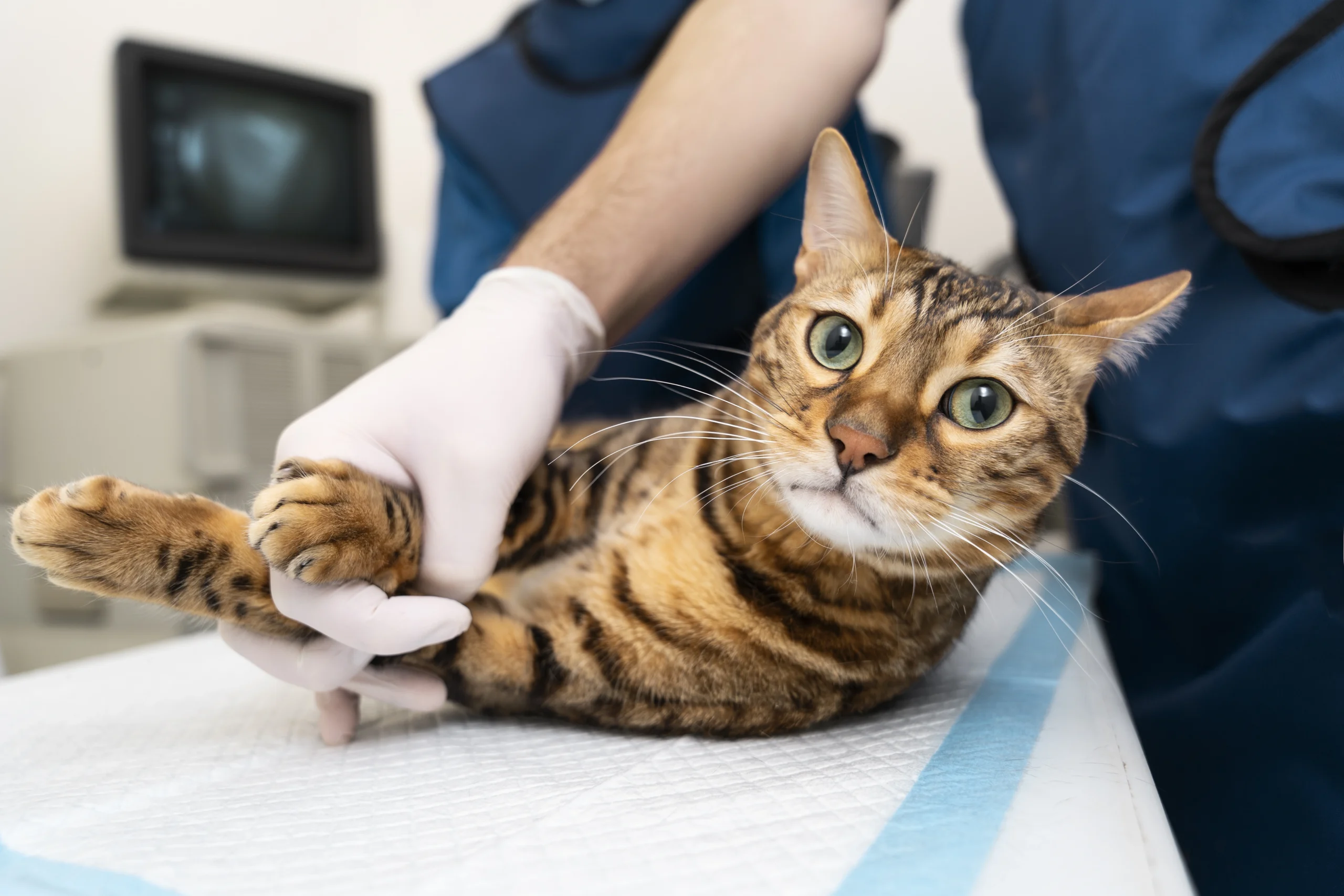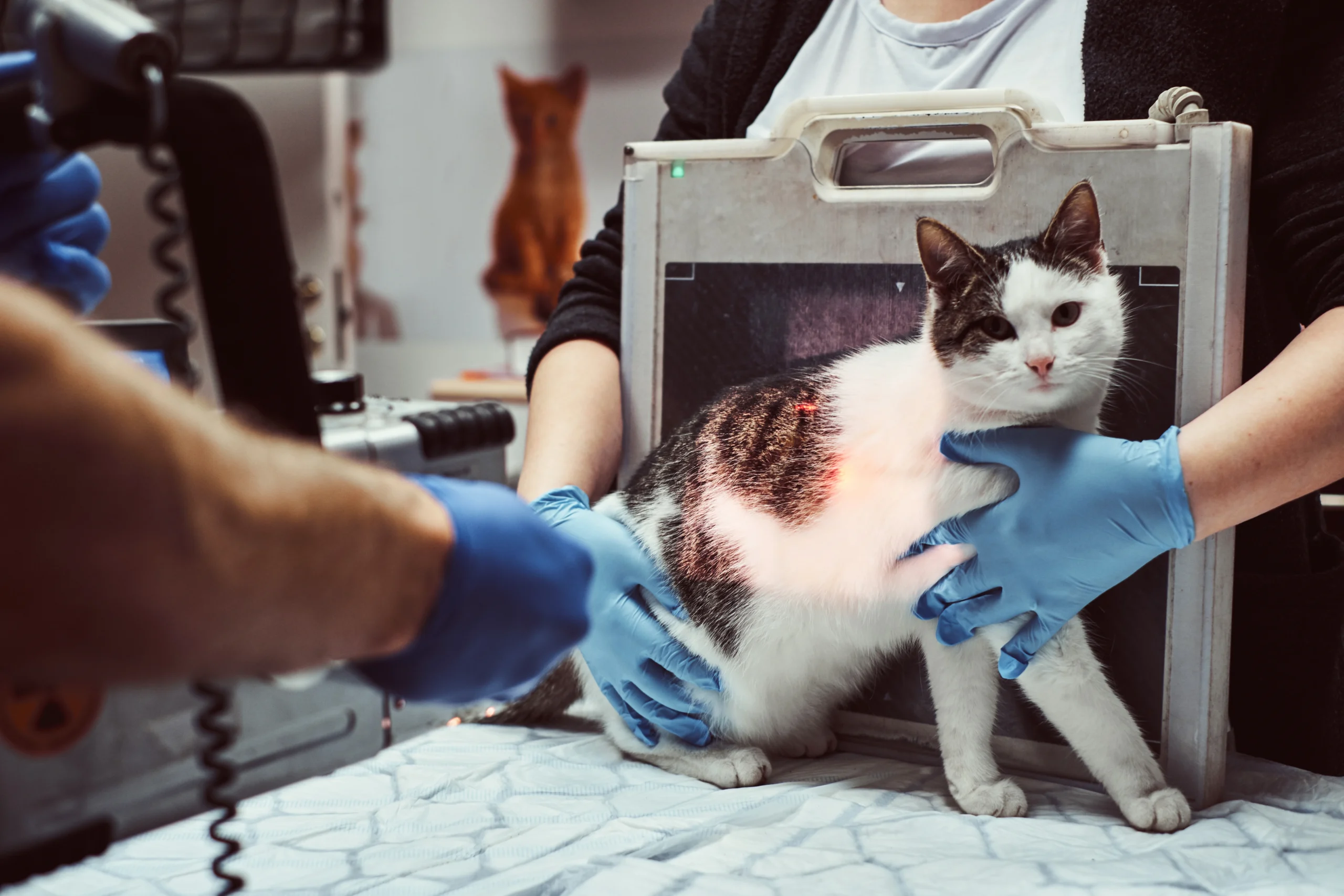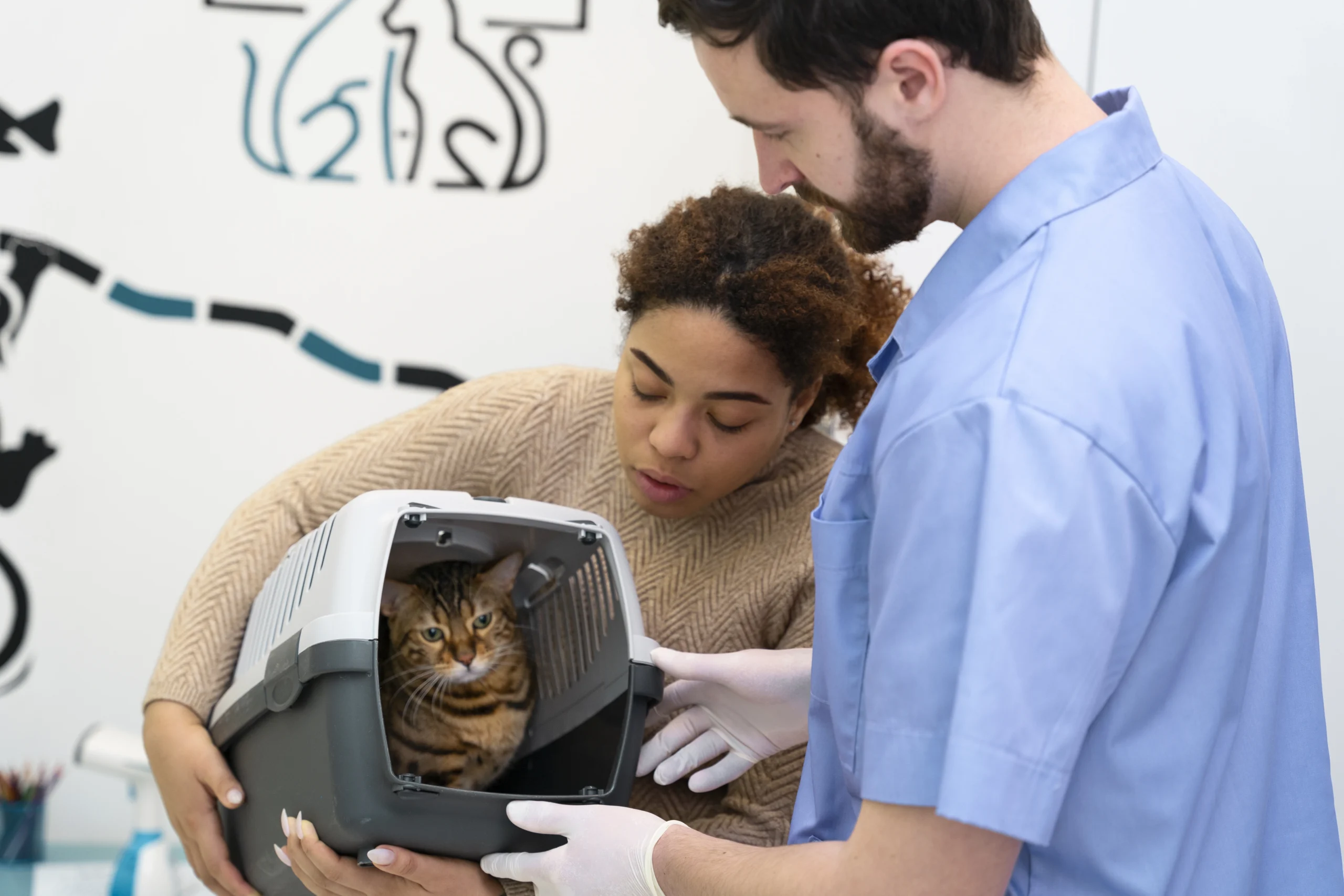
Having a kitten and thinking about when it should be neutered? This is a crucial decision in the case of owning a cat. Thus, some get it done and done from birth, while others recommend that it should be done after six months, and others recommend it after a year. Therefore, most specialists recommend that it be done after six months but people have question why wait 6 months to neuter a cat. Now, let us discuss some of the things that make it right to wait and how this is good news for your cat.
What Is Neutering or Spaying?
Castration is surgery done on male cats that brings an end to their ability to sire young cats. In females, the procedure is known as spaying. These are common processes that a vet performs on the animal in a hospital or clinic. They are useful in preventing overpopulation and maintaining animal health that needs an owner’s attention.
The record shows that the American Veterinary Medical Association claims that these surgeries are enormously safe. Most of the authorities, including the Association of Shelter Veterinarians, do approve of spaying and neutering because they eliminate possible health and behavioral issues.

Why Do Experts Recommend Waiting 6 Months?

In response, most veterinarians recommend waiting until the kitten is around six months of age. Here’s why:
- Your Kitten Is Still Growing:
You have to know that at 5 months of age, your kitten is still growing. Waiting pains are the way their bones and body develop. Neutering or spaying can sometimes affect their growth, and this may be particularly so in male cats.
- Safety During Surgery
Previously, elder cats were subjected to more surgery risks, but due to the development of various technologies, young kittens cannot be subjected to severe surgical risks. If a cat is neutered at an early age, it might develop diseases such as low body heat (hypothermia) or low blood sugar (hypoglycemia). These risks are minimized when the child is allowed to feed until he is six months old. - Reaching Sexual Maturity
It is worth mentioning that cats become sexually mature at about 6 months old. Female cats can first come to their first heat cycle, causing stress. This is the best age for cats to spay it to avoid issues such as troublemaking or the urge to mate.
Why Do Some People Choose Early Neutering?
Some shelters decide to neuter young kittens early to avoid the overpopulation of cats in and outside the shelters. The Feline Fix by Five Campaign supports spaying and neutering cats when they are still below five months. That is so because many of the stray cats are able to get pregnant at an early age. Early spaying of kittens also prepares them for adoption.
Hybrid cats, in particular, are recommended by the American Veterinary Medical Association to be spayed at 5 months or 6 at most.
What Are the Risks of Early Neutering?

Getting your kitten neutered too early can cause problems like:
- Urinary Tract Issues
Male cats may also have less space in the urinary tract if neutered early, which may result in blockages or urinary tract disease. - Incomplete Growth
Early neutering may hinder average growth in male and female cats. They prefer waiting until 6 months or older to have these dental procedures so their body can grow first. - Behavioral Changes
Certain scientists argue that performing the neutering at such an early age might have an effect on how your kitten is going to behave, for instance, become aggressive or never correct instincts.
Benefits of Waiting to Spay or Neuter

Waiting until 5 months or 6 months has many benefits:
- Better Health
- Reduces the occurrence of cancers, including mammary gland tumors in the female category of cats.
- Infections and conditions such as urinary blockage in male cats may also be prevented.
- Improved Behavior
- Reduces aggression in male cats and will stop them from spraying.
- Helps to stop loud heat cycles in female cats.
- Population Control
- Immature cats are fitted with this sort of equipment to assist in preventing them from having many kittens.
- This condition is realized since it helps to lessen the population of animals in shelters that are already overfilled.
- Cost Savings
- Refuses early proper prenatal care or any health check-ups and treatments when pregnant.

Myths About Spaying and Neutering
- Myth: Neutering Changes Personality
Fact: Even a neutered male cat or spayed female cat is still playful and will still be affectionate to the owners. When neutering is done, only mating-related activities are eliminated. - Myth: It Causes Weight Gain
Fact: Overeating causes pets to become overweight, not spaying and neutering. Proper feeding and exercise put the cat in proper shape. - Myth: It’s Unsafe for Young Kittens
Fact: That is why the state veterinary associations believe that early surgeries are safe if performed by a competent vet.
What Do Experts Say?
According to the College of Veterinary Medicine and the American Animal Hospital Association, when to get your kitten fixed depends on its health. Some recommend the feline fix by five months or wait till the feline is six months. Please consult your veterinarian to see what is best for your cat.
Conclusion: What’s the Best Age to Neuter a Cat?
So, you will definitely have gotten your answer: Why wait 6 months to neuter a cat? Healthy cats should be spayed or neutered when they are 5 or 6 months old. Preventing shelter populations through early spaying and neutering does work, but it is safer in terms of your pet’s health to wait a little while longer.
The best way is to ask your veterinarian when it is time to get your kitty spayed. The time factor will come into play when considering your kitten’s health.

Frequently Asked Questions
It is safe to neuter a male cat after six months?
Answer: It is still safe to neuter the male cat after six months to avoid the risk of having him neutered without appropriate effects. Nevertheless, it is advisable to have them neutered before they reach puberty to destroy their desire to spray.
When is the suitable age to neuter a male cat?
Answer: Male cat neutering should be done when the cat is 5-6 months of age. This assures that they are well-grown for operation but are not old enough for mating.
What can be wrong with neutering such a cat at that age?
Answer: It is important not to wait for your cat to reach the following behavioral problems: spraying, fighting, or roaming before neutering it. It can also raise the incidence of diseases such as testicular cancer on male cats.
Many clients are interested in neutering a five-month-old cat. Is it possible?
Answer: Indeed, neutering is possible for a 5-month-old cat. Moreover, this procedure is very important for the further health of the cat. Some veterinarians advise that the cat be neutered at this age so as to prevent such behaviors and diseases.
When is the best time for a cat spaying?
Answer: If you are treating cats, it is better to spay them at 6 months because mammary tumors are present, and they will not come into heat again. It is also a good age because their body is ready for surgery because all the organs are fully grown.
Is it okay to spay or neuter my cat after it’s 6 months?
Answer: One should neuter a cat after 6 months. This can be done earlier in a bid not to inconvenience your cat and cause some behavioral and health concerns. Ask your veterinarian when your cat should do that. If you want to know when is it too late to spay or neuter your cat then visit our website you will get answers.
Is it risky to spay or neuter a cat too early?
Answer: There can be complications, such as sudden low blood sugar levels, which are seen commonly when spaying or neutering on kittens. That is why some specialists recommend the next stop at 5- 6 months of age rather than 4.
How can I know if my cat is ready to be neutered?
Answer: The best time to neuter your feline is when it is 5-6 months old or clearly has mating signs. As for all those facts, please always check with your vet for confirmation.










